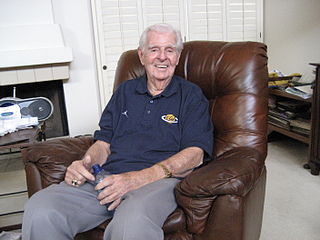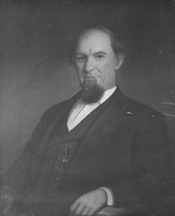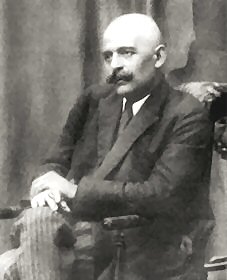A Quote by William Feather
Change, not habit, is what gets most of us down; habit is the stabilizer of human society, change accounts for its progress.
Related Quotes
Sometimes, counter-intuitively, it's easier to make a major change than a minor change. When a habit is changing very gradually, we may lose interest, give way under stress, or dismiss the change as insignificant. There's an excitement and an energy that comes from a big transformation, and that helps to create a habit.
A fixed habit is supported by old, well-worn pathways in the brain. When you make conscious choices to change a habit, you create new pathways. At the same time, you strengthen the decision-making function of the cerebral cortex while diminishing the grip of the lower, instinctual brain. So without judging your habit, whether it feels like a good one or a bad one, take time to break the routine, automatic response that habit imposes.
What we know from lab studies is that it's never too late to break a habit. Habits are malleable throughout your entire life. But we also know that the best way to change a habit is to understand its structure - that once you tell people about the cue and the reward and you force them to recognize what those factors are in a behavior, it becomes much, much easier to change.
































